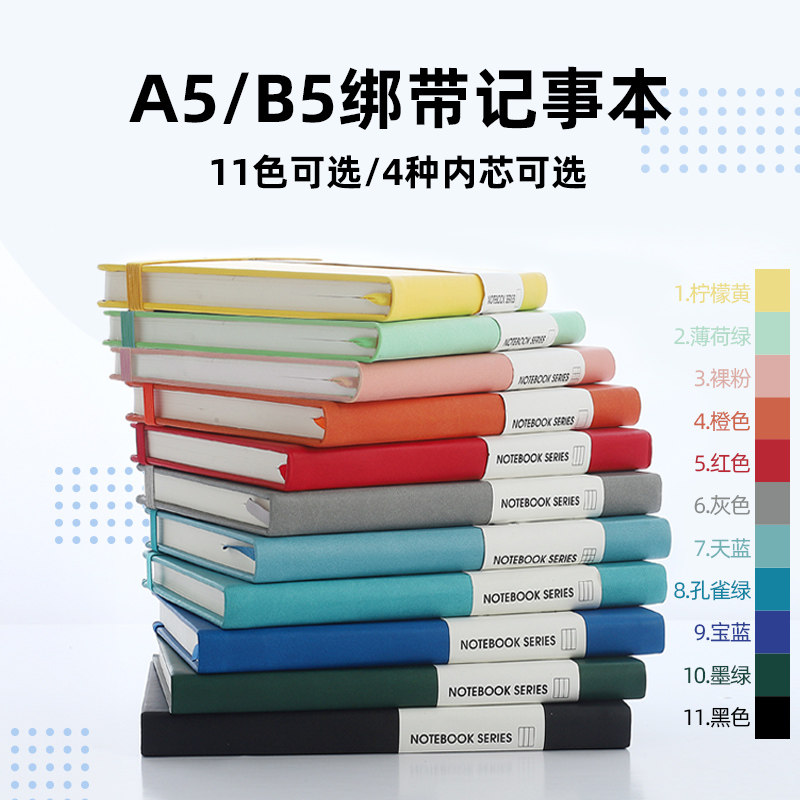"职场达人的必备工具:手账本的使用方法"
蜀犬吠日
2024-11-09 09:48:59
0次
职场达人的必备工具:手账本的使用方法
在繁忙的职场中,一个良好的手账本成为了许多职场达人的必备工具。它不仅能帮助我们规划时间,还能记录生活中的点滴,提高工作效率。下面就为大家介绍一下手账本的使用方法。
一、选择合适的手账本
首先,要根据自己的需求选择合适的手账本。手账本的种类繁多,有日程本、笔记本、记账本等。在选择时,要考虑到自己的使用习惯、记录内容以及外观等因素。
二、规划手账本的布局
在手账本的布局上,要根据自己的需求进行规划。可以设置日程、待办事项、已完成事项、备忘录等区域。在规划时,要尽量做到条理清晰,方便查找和记录。
三、记录重要事项
手账本的主要功能之一就是记录重要事项。可以记录每天的日程安排、工作计划、会议记录等。在记录时,要尽量详细,包括时间、地点、人物、事件等内容。这样有助于我们回顾和总结。 四、使用色彩进行区分 为了使手账本更加易于管理,可以使用不同颜色的笔进行区分。比如,可以用不同颜色的笔标记不同的日程、待办事项等。这样可以使手账本更加醒目,方便查找和区分。 五、定期复习和整理 手账本不仅是一个记录工具,还是一个反思和总结的工具。定期复习和整理手账本,可以帮助我们回顾过去的点滴,找出自己的不足之处,以便更好地规划未来。 六、手账本的使用技巧1. 定期清理:定期清理手账本,删除过时或不再需要的信息,保持手账本的整洁和清晰。
2. 灵活运用:根据实际情况灵活运用手账本,不仅可以记录工作事项,还可以记录生活中的点滴,如读书笔记、旅行计划等。 3. 善用工具:除了手账本外,还可以使用其他工具辅助使用,如电子日历、便签等。这些工具可以帮助我们更好地管理时间,提高工作效率。 4. 坚持使用:坚持使用手账本是一个好习惯。只有持之以恒地使用手账本,才能充分发挥其作用。 Handbook Use in the Workplace: A Necessity for Career AchieversIn the busy workplace, a good handbook has become an essential tool for many career achievers. It not only helps us plan our time but also records the details of our lives and improves our work efficiency. Below is an introduction to the usage of handbook.
First, choose the right handbook according to your needs. There are various types of handbooks, such as daily planners, notebooks, and account books. When choosing, consider your usage habits, recording content, and appearance. Secondly, plan the layout of the handbook according to your needs. You can set up areas for schedules, to-do lists, completed tasks, and reminders. When planning, try to make it clear and organized for easy access and recording. Thirdly, record important matters. One of the main functions of the handbook is to record important matters. You can record daily schedules, work plans, meeting notes, etc. When recording, try to be as detailed as possible, including time, location, people, events, etc. This helps us to review and summarize. Fourthly, use color to distinguish. To make the handbook more manageable, different colored pens can be used to distinguish different schedules and to-do lists. This makes the handbook more eye-catching and easy to find and distinguish. Fifthly, review and organize regularly. The handbook is not only a recording tool but also a tool for reflection and summarization. Regularly reviewing and organizing the handbook can help us review the past and identify our shortcomings, so as to better plan for the future. Sixthly, here are some tips for using the handbook: 1) regularly clean up the handbook and delete outdated or no longer needed information to keep it tidy and clear; 2) flexibly use the handbook according to the actual situation. It can not only record work matters but also record daily life details such as reading notes and travel plans; 3) make good use of other tools such as electronic calendars and sticky notes to help us better manage our time and improve work efficiency; 4) persist in using the handbook as a good habit. Only by consistently using the handbook can we fully realize its role.相关内容
热门资讯
探索手账本的多重用途:从学习到...
手账本多重用途:学习记录计划与笔记、思维导图等,生活用于日程管理、购物清单、财务记录等,特殊用途如手...
艺术与实用的结合:手账本的多种...
手账本兼具实用与艺术,可记事、规划、创作和收藏。可记录日程、灵感和财务,美化绘画和创作故事,还可制作...
掌握手账本使用方法,提高效率
掌握手账本使用方法,对提高效率至关重要。选择合适的手账本,规划好结构,坚持记录并定期回顾与调整,可帮...
"手把手教你如何使用手账本"
摘要:
本文详细介绍了如何使用手账本,包括选择合适的手账本、规划页面布局、记录日程和待办事项等基本...
"记录生活的每一刻:如何使用手...
使用手账本记录生活点滴,需先准备本子和辅助工具,规划主题和版面,记录日常和特殊时刻,并定期回顾反思。...
手账本使用全攻略:从入门到精通
**手账本全攻略摘要**:
选择合适的手账本并明确使用目的,学习基础记录方法和多功能页面运用,养成...
记录生活,规划未来:手账本的使...
手账本实用工具,记录生活、规划未来。明确目的、合理布局、使用技巧,保持整洁。分享心得,培养习惯,提高...
从入门到精通:手账本的五大必备...
本文介绍了手账本的五大必备功能:日程规划、待办事项、笔记记录、心情日记和装饰美化。从入门到精通,讲解...
手账本记录美好生活点滴
手账本记录生活点滴,留住美好回忆。通过文字、画图和贴纸等方式,记录日常琐事、心情、旅行经历等,让生活...
高效生活必备:手账本的使用技巧...
手账本为现代生活必备工具,可规划时间、记录生活。选择合适手账本,规划记录,使用技巧及心得分享包括坚持...



